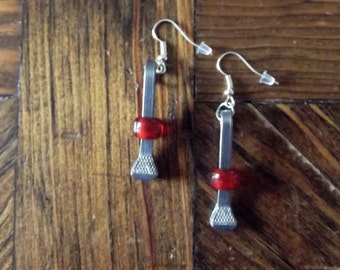
“These antidepressants may work, in part, by removing some emotional pain depressed people feel, while unfortunately also erasing some of the enjoyment,” says Christelle Langley, PhD, a research associate in the department of psychiatry at the University of Cambridge in England. Roughly half of people taking antidepressants report some degree of blunted emotions, according to a study published in the October 2017 issue of the Journal of Affective Disorders.įor people with MDD, dulling one’s emotions can be a mixed blessing. This flattening of feelings, called “emotional blunting" or “reduced affect,” is a potential side effect of antidepressants, especially selective serotonin reuptake inhibitors (SSRIs). They may also dial down feelings of happiness and joy. However, for the millions of Americans who take antidepressants, these medications may do more than alleviate sadness. Do your research before you get too attached to a certain breed, no matter how much affection they may be prepared to shower on you.Antidepressants can often lift depressive symptoms and make life better for people with major depressive disorder (MDD). Some canines on our list aren’t a good fit for first-time dog owners, while others may have specific housing and grooming needs. To decide which is the best fit for your sofa, you’ll need to consider other factors besides the breed’s willingness to cuddle. Yorkies are happy to sit in your lap but will still think they’re the household bosses.Īs you can see, these 20 affectionate dogs come in all sizes and personalities.

Their size makes them ideal for small spaces and city living. They’re another good option for people with allergies, and they make friends easily. They like kids more than many toy breeds, but you’ll want to supervise younger children who may be too rough for these tiny Terriers. They’re tougher than they look, and Yorkies aren’t always the best with other dogs.

As one of the smallest breeds, Yorkshire Terriers are big on personality and generous with their affection.


 0 kommentar(er)
0 kommentar(er)
